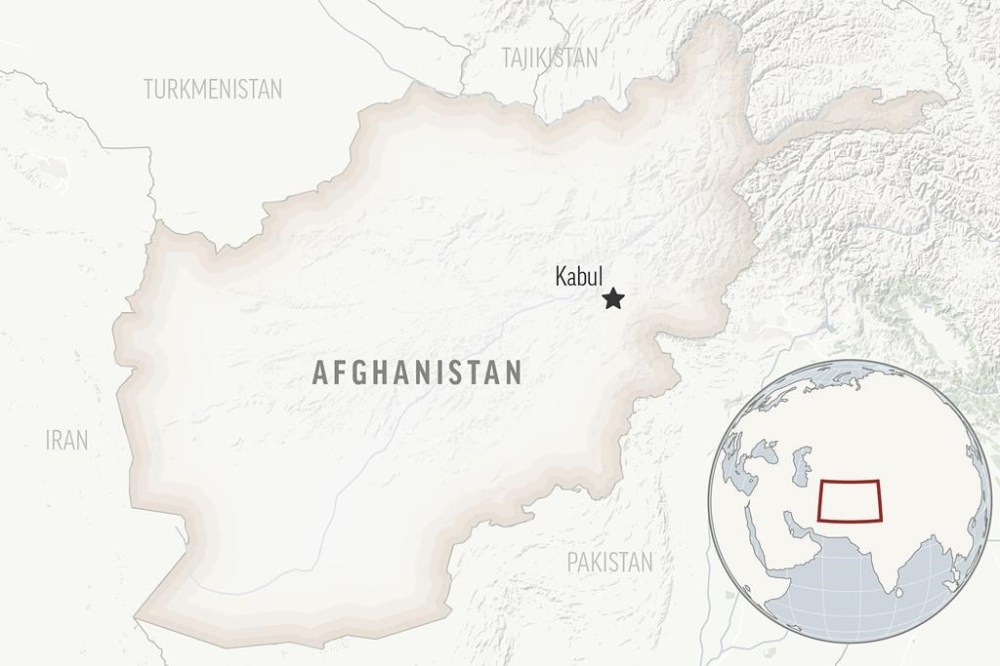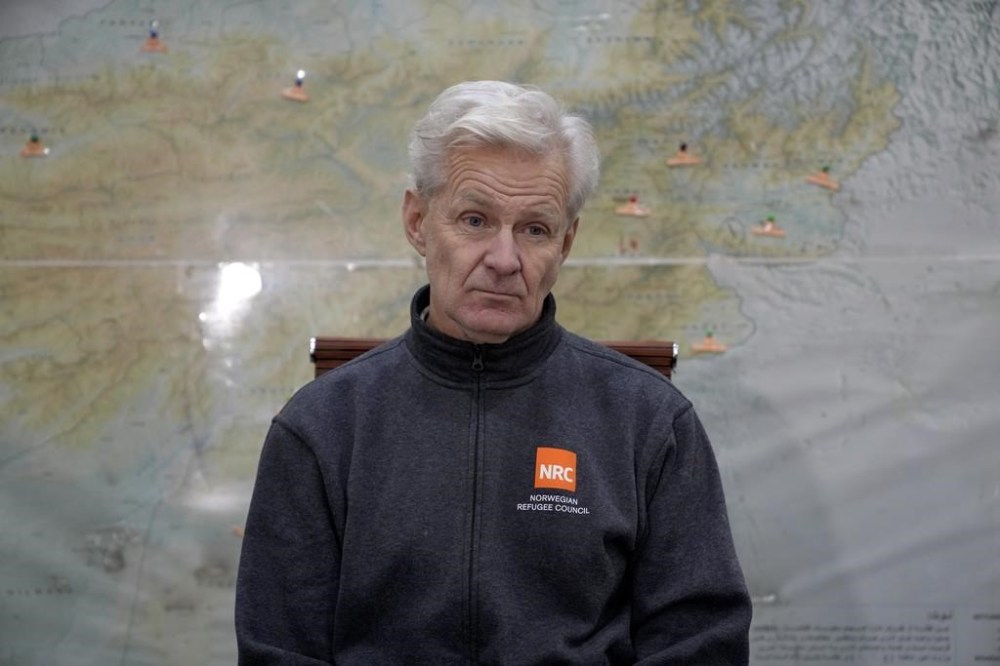Funding cuts to Afghanistan are the biggest threat to helping women, aid agency chief warns
Advertisement
Read this article for free:
or
Already have an account? Log in here »
To continue reading, please subscribe:
Monthly Digital Subscription
$0 for the first 4 weeks*
- Enjoy unlimited reading on winnipegfreepress.com
- Read the E-Edition, our digital replica newspaper
- Access News Break, our award-winning app
- Play interactive puzzles
*No charge for 4 weeks then price increases to the regular rate of $19.00 plus GST every four weeks. Offer available to new and qualified returning subscribers only. Cancel any time.
Monthly Digital Subscription
$4.75/week*
- Enjoy unlimited reading on winnipegfreepress.com
- Read the E-Edition, our digital replica newspaper
- Access News Break, our award-winning app
- Play interactive puzzles
*Billed as $19 plus GST every four weeks. Cancel any time.
To continue reading, please subscribe:
Add Free Press access to your Brandon Sun subscription for only an additional
$1 for the first 4 weeks*
*Your next subscription payment will increase by $1.00 and you will be charged $16.99 plus GST for four weeks. After four weeks, your payment will increase to $23.99 plus GST every four weeks.
Read unlimited articles for free today:
or
Already have an account? Log in here »
Hey there, time traveller!
This article was published 19/01/2025 (300 days ago), so information in it may no longer be current.
Funding cuts to Afghanistan are the biggest threat to helping the country’s women, the chief of a top aid agency warned Sunday.
Jan Egeland, the secretary-general of the Norwegian Refugee Council, said women and girls were bearing the brunt of dwindling financial support for nongovernmental groups and humanitarian assistance to Afghanistan.
The NRC helped 772,484 Afghans in 2022. That number fell to 491,435 in 2023. Last year, the aid agency helped 216,501 people. Half of its beneficiaries are women.

Egeland, who has made several visits to Afghanistan since 2021, said: “We see one after the other peer organization cutting programming and staff in the last two years. The biggest threat to programs helping Afghan women is funding cuts. The biggest threat to the future well-being of Afghan women is (the lack of) education.”
The Taliban takeover in August 2021 drove millions into poverty and hunger after foreign aid stopped almost overnight.
Sanctions against the country’s new rulers, a halt on bank transfers and frozen billions in Afghanistan’s currency reserves have cut off access to global institutions and the outside money that supported the aid-dependent economy before the withdrawal of U.S. and NATO forces.
The U.N. and others have urged the international community to continue supporting the beleaguered country.
Organizations like the Norwegian Refugee Council have helped keep public services afloat through education and health care programs, including nutrition and immunization.
But women and girls face more obstacles in accessing health care and education because of restrictions imposed by authorities and an ongoing shortage of female medical professionals, also exacerbated by Taliban decrees.

Egeland said Afghan women and girls had not forgotten world leaders telling them their “number one priority” was education and human rights. “Now we can’t even fund livelihood programming for widows and single mothers,” he told The Associated Press by telephone from the western province of Herat.
The international community provided humanitarian assistance in many countries where they disagreed with local policies. But opposition to Taliban policies, together with a “general starving” of aid funding in many countries, was worsening the shortfall in Afghanistan, he said.
Egeland said most of his discussions with Taliban officials on his trip were about the need to resume classes for women and girls. “They still argue that it will happen, but the conditions are not right,” he said. “They say they need to agree on what the conditions are.”

